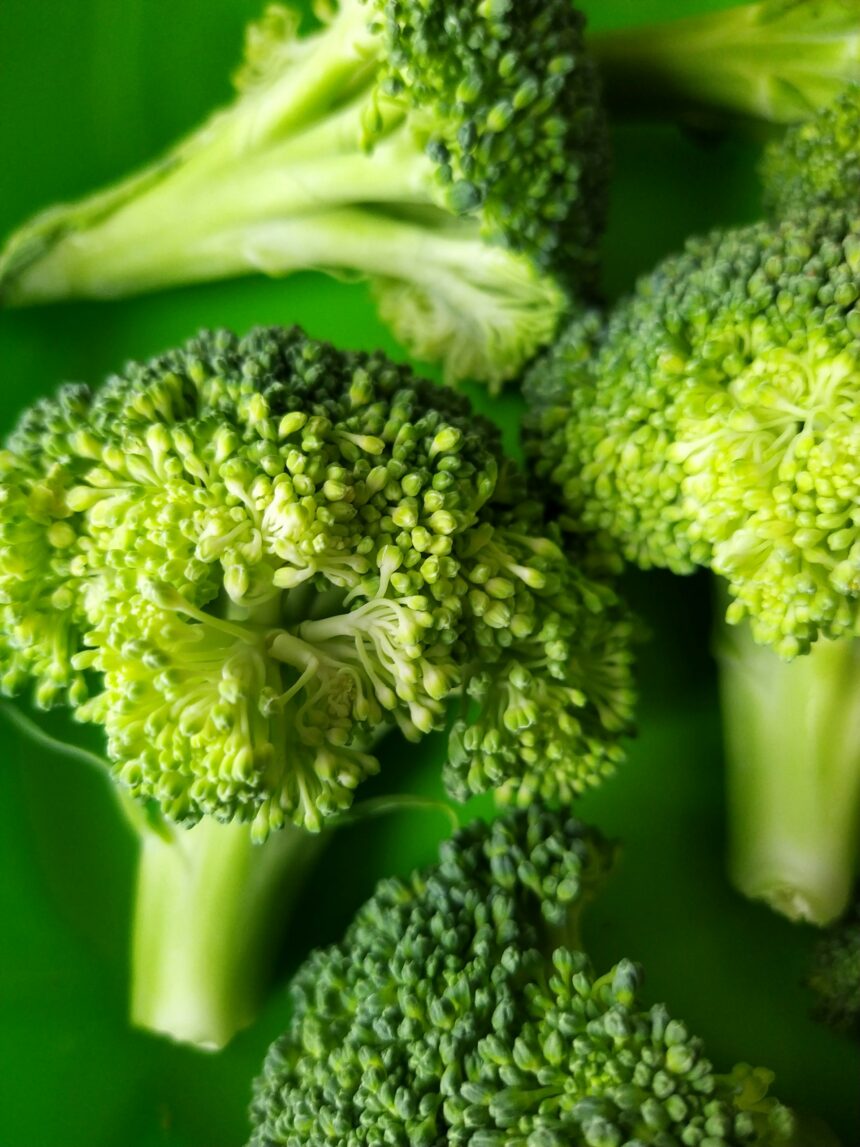Ever stared at a plate of steamed broccoli and wondered, “is broccoli keto?” If you’re trying to keep your carb intake in check while enjoying nutrient-rich foods, it’s an important question.

To answer it, this post will provide an in-depth look into the nutritional information of broccoli, and how it can affect ketosis while providing potential health benefits. We’ll also go over some delicious broccoli recipes and substitutes.
But be warned – broccoli does come with some risks for some people, as we’ll see below.
Let’s dive in.
Is Broccoli Good for the Keto Diet?
The question “is broccoli keto” might be lingering in your mind if you’re following a ketogenic diet. So, let’s cut to the chase: broccoli is extremely keto friendly! Our dietician Kathryn gives it a 5-star rating (out of 5), so most people can eat as much as they want – although there are some risks for some, as we’ll see below.
Now let’s go more into why it’s so keto friendly by looking at its nutritional properties.
Nutritional Profile of Broccoli
To get the most out of your keto diet, it’s essential to know what nutrients are in broccoli. Let’s dive deeper into the nutritional profile of broccoli.
This cruciferous vegetable is an excellent source of essential nutrients that support overall health and wellbeing. The net carbs in broccoli are surprisingly low, making it ideal for those counting their carb intake on the ketogenic diet.
Understanding Broccoli’s Carb Content
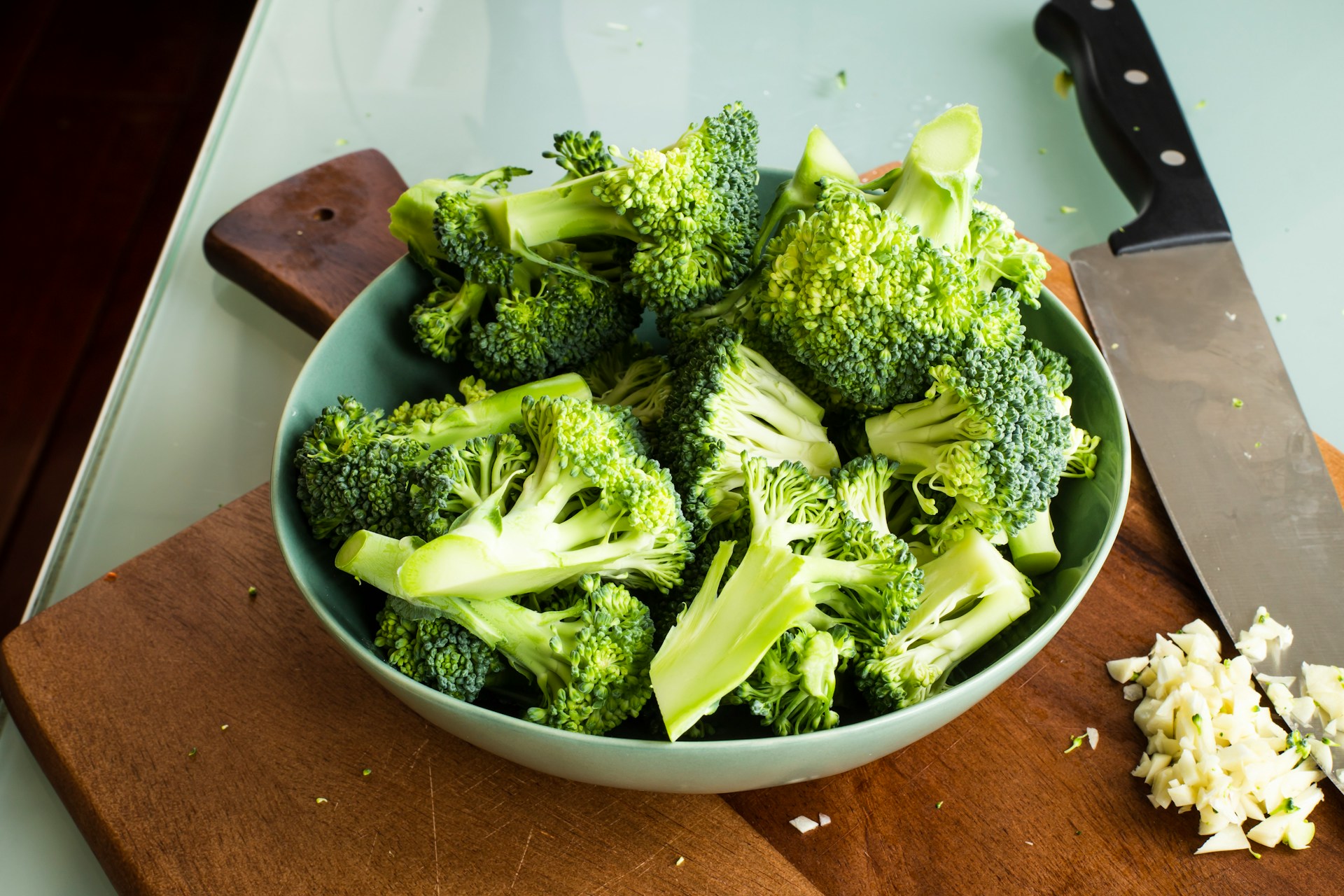
Keeping track of your carbohydrate intake is essential to the keto diet. One cup of cooked broccoli has only 3g net carbs (total carbs are around 6g, but 3g of that is fiber), making it a great pick for those following low-carb diets.
This makes broccoli not just keto-friendly but also packed with nutrients which make it even more beneficial on a health scale. As such, incorporating this cruciferous vegetable into your meal plan won’t push you over the daily recommended limit for carbs on a ketogenic diet.
Broccoli fits comfortably within most people’s daily limits for carbohydrate consumption when they are trying to achieve ketosis because its total carb content is balanced out by dietary fiber.
Fiber can be subtracted from total carbohydrates to get what we call ‘net’ carbs – those that significantly impact blood sugar levels and insulin response – important factors in maintaining ketosis.
Vitamins and Minerals Galore
Packed with vitamins C and K, as well as sulforaphane and indole-3-carbinol compounds, broccoli offers numerous health benefits.
Sulforaphane has been linked to improved brain function while indole-3-carbinol may promote heart health – all key considerations when eating for optimal wellness on a ketogenic diet carbs-conscious regimen.
Plus its high vitamin C content boosts immune function. This helps bodies better adapt to new dietary changes – yet another reason why broccoli is considered an excellent choice for keto dieters.
A Good Source of Fiber
Fiber-rich foods like broccoli help enhance digestion too. Remember that one cup of broccoli has 3g of fiber, so it’s an excellent source of it.
By adding bulk to meals and promoting regular bowel movements, fiber can ease digestive concerns that people often have when switching over from high-carb diets to ketogenic ones, such as constipation or irregularities.
And not only does the high fiber content in broccoli aid digestion, but it also helps keep you feeling full longer. This makes sticking to your meal plan easier while supporting weight loss efforts.
Broccoli’s Impact on Blood Sugar Levels
Eating broccoli can influence blood sugar levels positively. This cruciferous vegetable is packed with fiber which slows down the absorption of sugars into your bloodstream and helps regulate insulin resistance – both key factors for maintaining stable blood glucose levels necessary for ketosis.
This process ensures that you stay within your daily limit without jeopardizing your progress towards achieving ketosis.
Promotes Improved Brain Function
This versatile vegetable doesn’t stop there. It’s believed that eating broccoli regularly might improve brain function thanks to its antioxidant properties.
Potential Risks of Consuming Broccoli on Keto
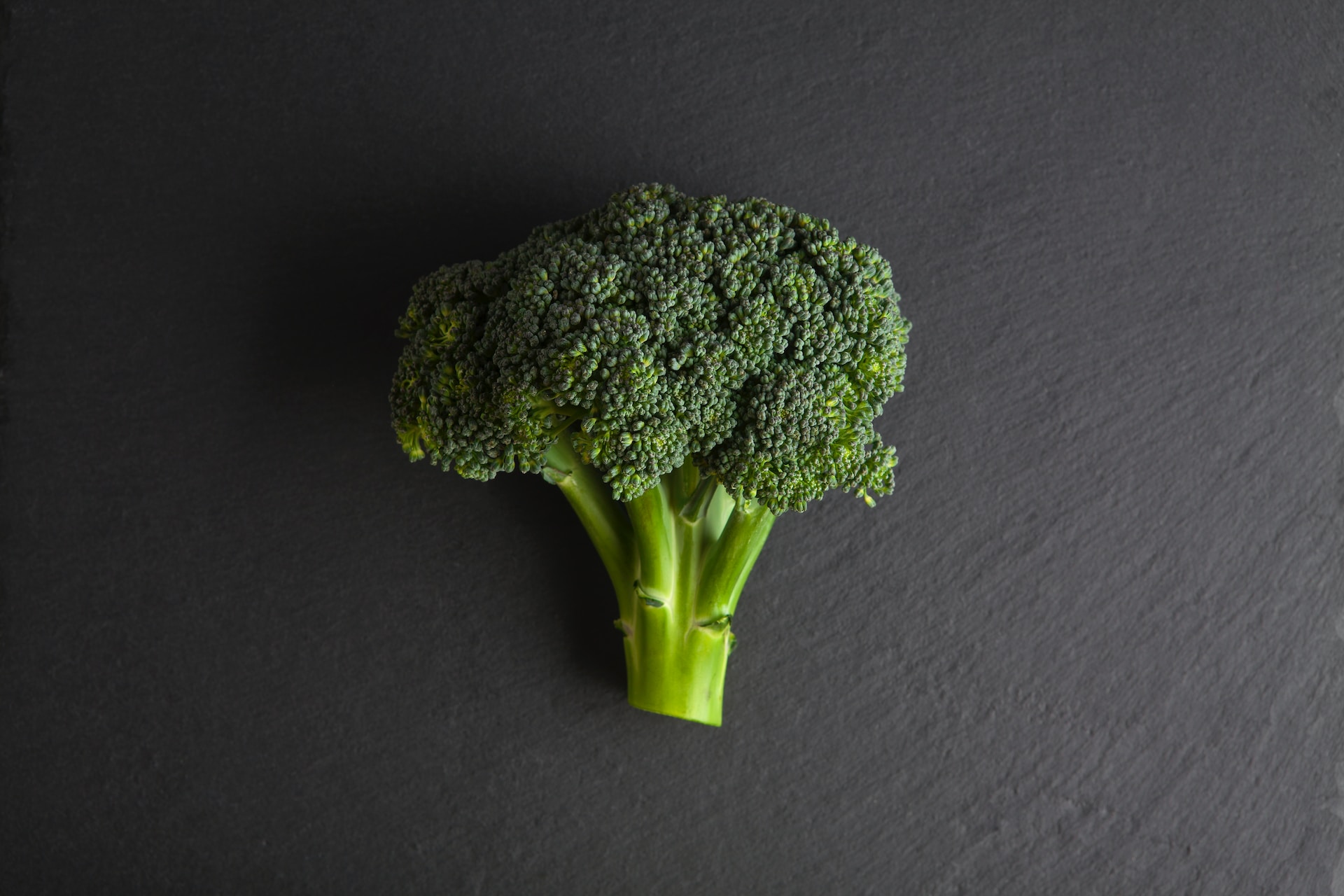
Broccoli, while packed with nutrients and low in net carbs, might still present some challenges for those following a keto diet.
The first concern lies within its fiber content. Although dietary fiber is generally beneficial for digestion, excessive intake could potentially lead to discomfort. This may include bloating or even constipation if your daily fluid intake isn’t sufficient.
Avoid going overboard by sticking to the daily limit of broccoli on keto.
Digestive Issues Linked to Broccoli Consumption
Besides potential issues from excessive fiber intake, consuming large amounts of cruciferous vegetables like broccoli can cause gas and abdominal pain in some people. It’s important not only to watch portion sizes but also pay attention to how your body reacts when you eat this green veggie.
Thyroid Considerations When Eating Broccoli
Another risk relates specifically to individuals with an iodine deficiency. Cruciferous veggies contain compounds that can interfere with thyroid function in such cases.
Food Intolerances May Be Triggered By Certain Vegetables
Last but certainly not least are food intolerances which are unique per individual basis. For instance, certain compounds found in broccoli could trigger negative reactions in people who have specific food sensitivities or allergies. Consult a medical expert before making considerable modifications to your diet.
Note: The risks mentioned here don’t mean you should avoid eating broccoli entirely when adhering strictly to a ketogenic lifestyle; rather it emphasizes the importance of balance and moderation as key components of any healthy meal plan – keto included.
Conclusion and Overall Impact of Broccoli on Your Diet
Moreover, “keto-friendly”, isn’t merely about being low-carb; it should also promote overall wellness as part of healthy living habits. This versatile veggie certainly checks all these boxes.
The wealth of antioxidants found in broccoli help combat oxidative stress, while their anti-inflammatory properties may support heart health. This vegetable is a power-packed food, making it not just a mere addition to your keto diet but also an integral part of it.
In conclusion, when the question “is broccoli keto” arises, you can confidently answer with a resounding “yes”.
Tasty Ways to Enjoy Broccoli on Keto
OK, now we know the positive impact broccoli has on the keto diet, let’s look into the different ways we can eat it. It turns out that this versatile vegetable can be enjoyed in numerous delicious ways. Let’s explore some.
Broccoli Salad
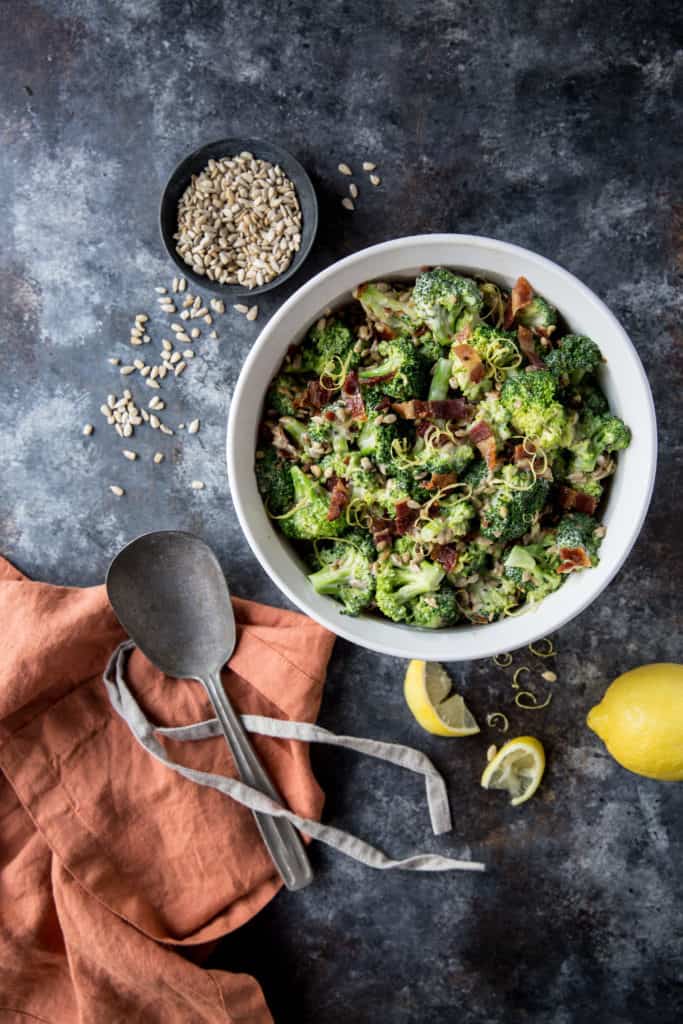
A simple refreshing keto broccoli salad is a fantastic way to incorporate this cruciferous vegetable into your meal plan. It’s low-carb but packed with flavor.
What’s more, this recipe can be spruced up with other ingredients you may have at hand, such as carrots or bell peppers for color and crunch, or grated parmesan cheese for that extra kick. The end result? A delightful dish that respects your carb intake limit.
Keto Broccoli Cheese Soup

A classic dish, broccoli and cheese might be unlikely bedfellows but they really do jive together. This keto broccoli cheese soup recipe is perfect for the keto diet. Feel free to experiment with different cheeses, especially blue cheeses if that floats your boat – broccoli and stilton soup is a traditional UK delicacy that’s still going strong today.
Roasted Broccoli
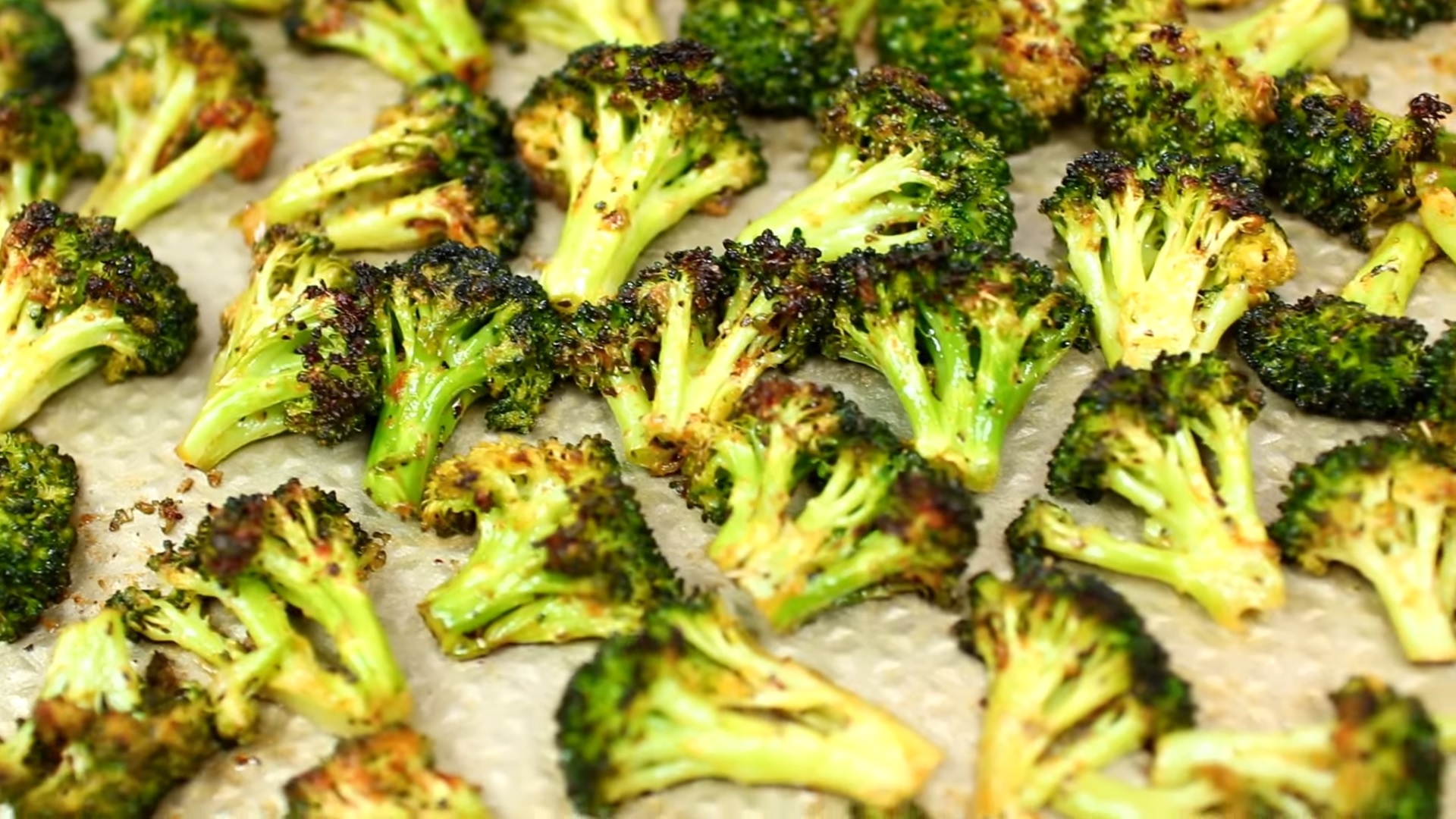
Roasting brings out an entirely new dimension of flavors from vegetables – especially broccoli. After coating small broccoli florets with olive oil, salt and pepper, arrange them on a baking sheet for roasting until crispy.
Bake at 180C/360F until crispy, then generously sprinkle grated parmesan cheese over it while it’s still hot. This tasty keto-friendly side dish balances crunchiness from roasting with creaminess from melted cheese; it might just become your go-to method of eating broccoli on keto.
Note: Keep tabs on net carbs when adding ingredients like bell peppers or heavy cream which have higher carbohydrate content compared to other foods considered safe under ketogenic diet guidelines.
Alternatives to Broccoli for Keto Dieters
If you’re seeking a change from broccoli in your keto meal plan, don’t worry. There are other veggies that are just as low-carb and flavorful.
Cauliflower: The Versatile Substitute
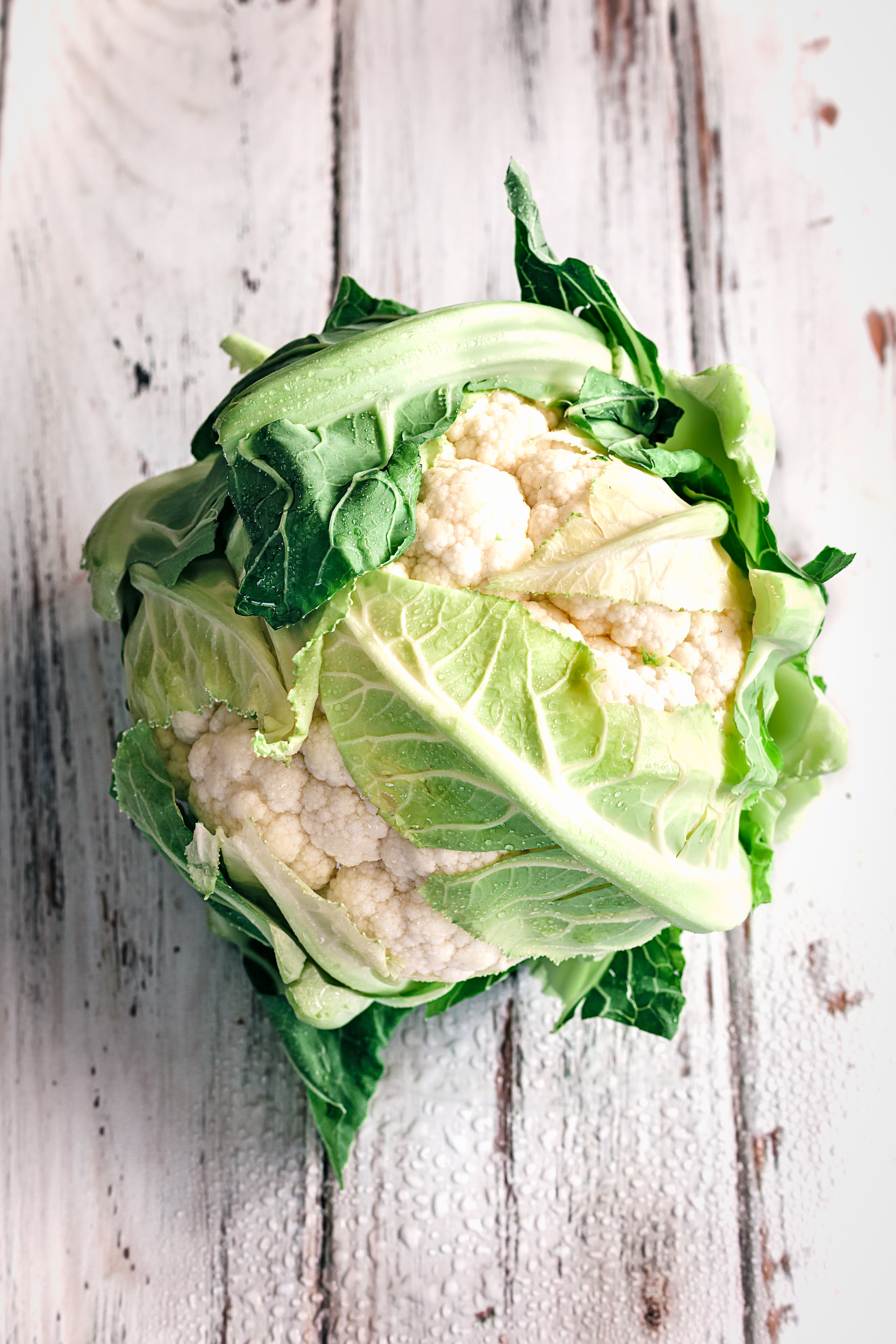
A favorite of many people, cauliflower is great if you’re on the ketogenic diet. It can be used to create dishes like cauliflower rice or mashed cauliflower. With its low net carb count of 3 grams per cup, you can eat it to your heart’s content.
Brussels Sprouts: Tiny but Mighty
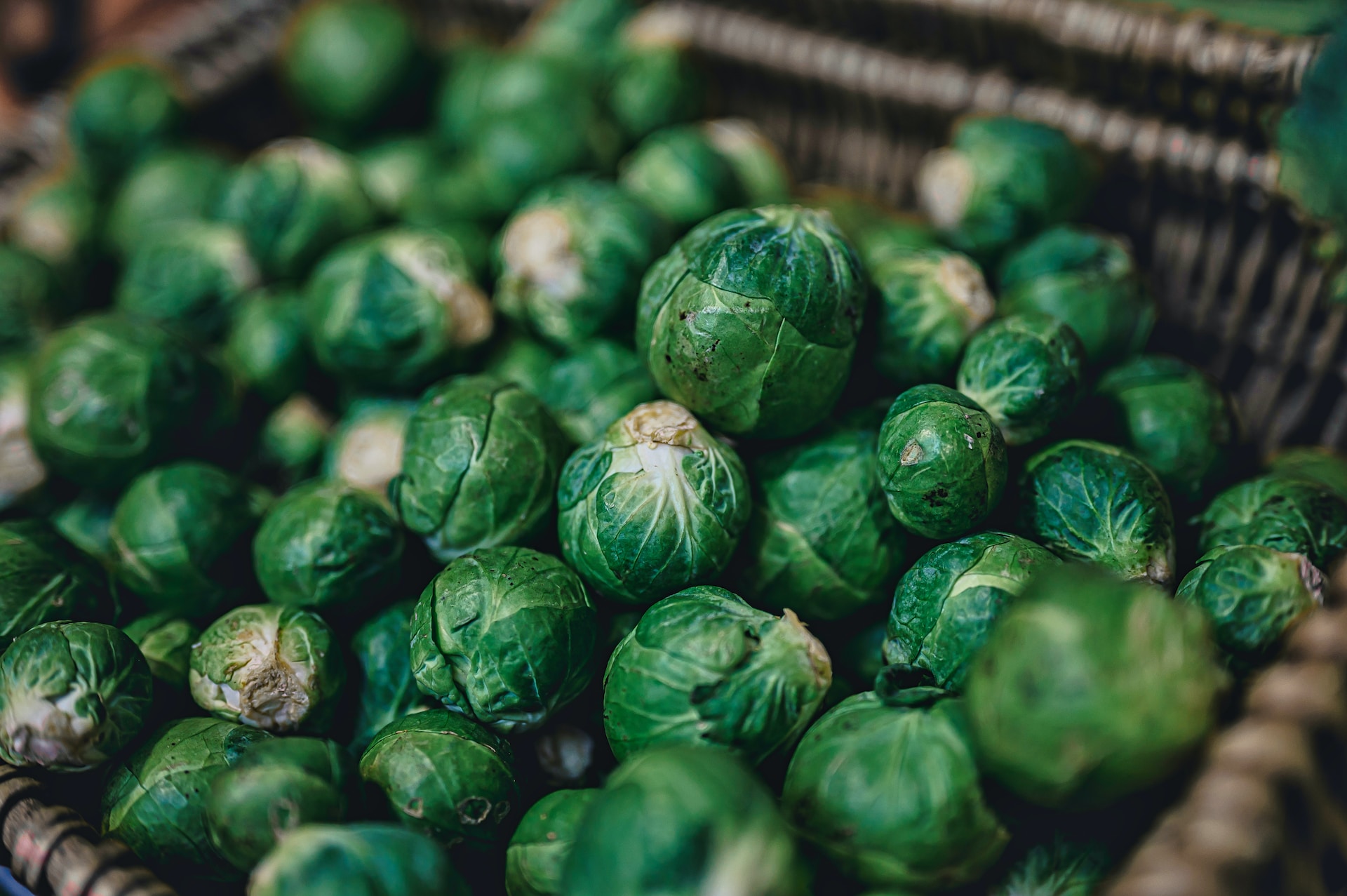
While slightly higher in carbs than broccoli and cauliflower, brussels sprouts still fit into a carb-controlled diet like keto. Roasted with olive oil and sprinkled with parmesan cheese, these tiny cabbages become deliciously crispy treats that offer plenty of health benefits too.
Bell Peppers: A Colorful Addition
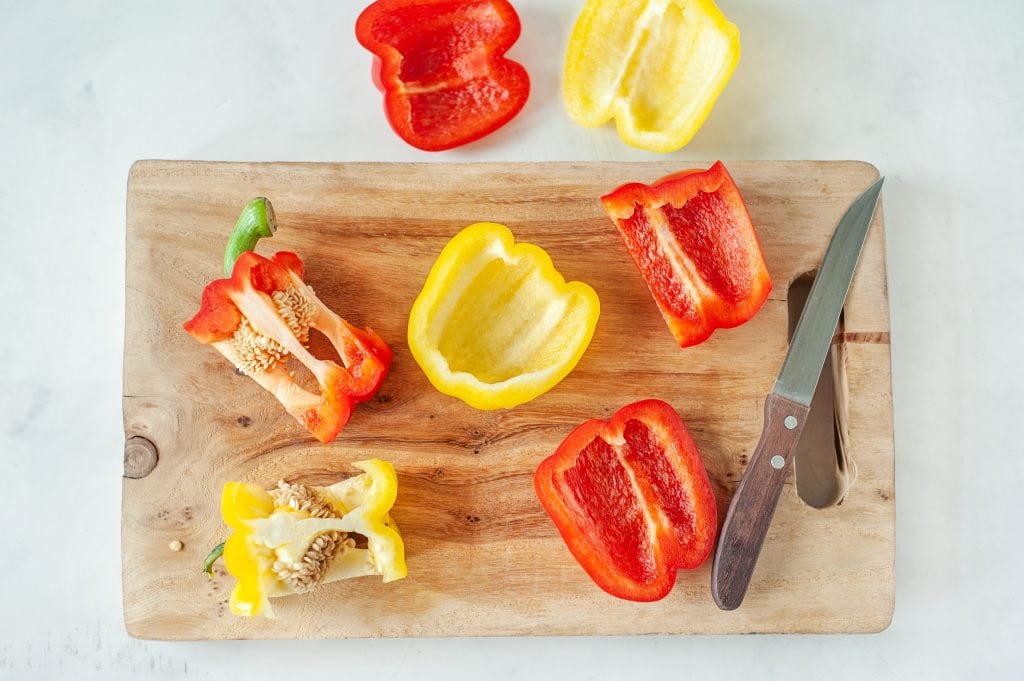
The bell pepper brings both color and crunch to any dish while staying within your daily recommended intake of carbohydrates. Slice them up for stir-fry or stuff them with ground meat for an easy keto-friendly dinner option.
Picking Your Perfect Keto Veggie Alternative
Your choice depends on what you want out of your veggie—flavor? Texture? Nutrient profile? But remember this golden rule—the darker the vegetable (think leafy greens), typically the more nutrients it packs. And make sure they align well within your overall daily limit of net carbs.
Conclusion: Broccoli is Great for Keto
So, is broccoli keto? Absolutely! It’s an amazing veggie that fits wonderfully into a low-carb lifestyle.
You’ve learned that this versatile vegetable offers just 3 grams of net carbs per cup. This vegetable is an awesome source of fiber and vital vitamins like C and K.
Broccoli doesn’t only keep you in ketosis but also delivers incredible health benefits. Think improved brain function, heart health, weight loss support – the list goes on.
But do pay attention to potential risks associated with excessive intake as well as individual tolerances. Balance is key in every aspect of our diets after all!
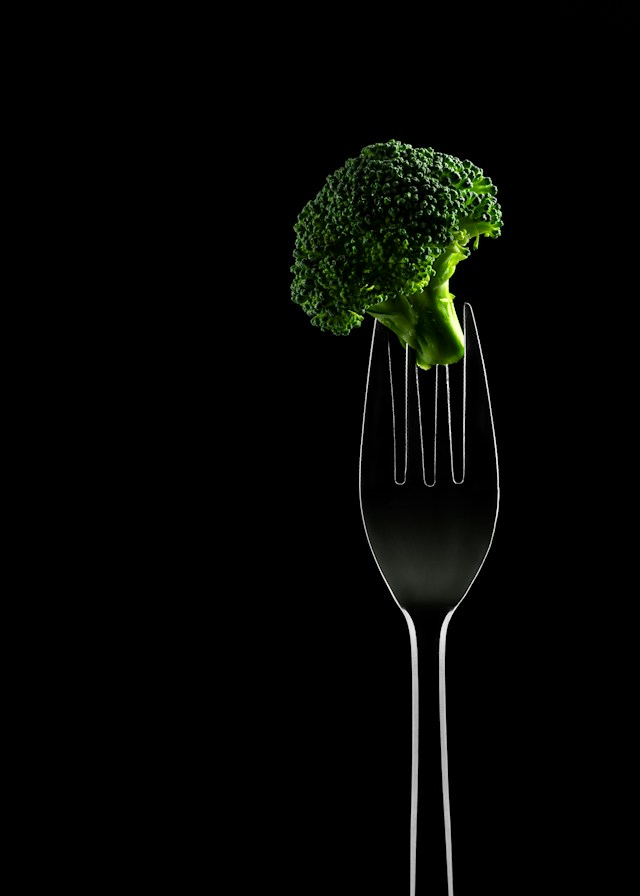
FAQs in Relation to Is Broccoli Keto
How much broccoli can you eat on keto?
You can have a decent portion. For instance, one cup of cooked broccoli, which has about 3 grams of net carbs, fits well within the daily carb limit for most keto dieters.
What veggies are keto?
Keto-friendly vegetables include leafy greens like spinach and kale, cauliflower, Brussels sprouts, zucchini, cucumber and bell peppers among others due to their low-carb content.
What is the lowest carb vegetable?
Cucumbers rank pretty high in terms of being low-carb. A whole cucumber only packs around 2 grams of net carbs making it super friendly for a ketogenic diet.
Are carrots OK in keto?
In moderation they’re okay because they contain more carbs than other vegetables. You’d need to account for them in your daily carb count if you decide to add some carrot crunch to your meal plan.


